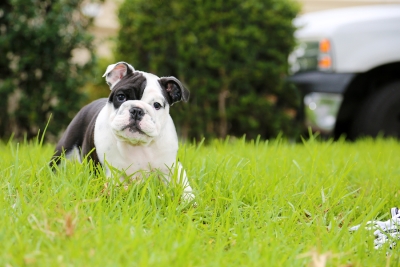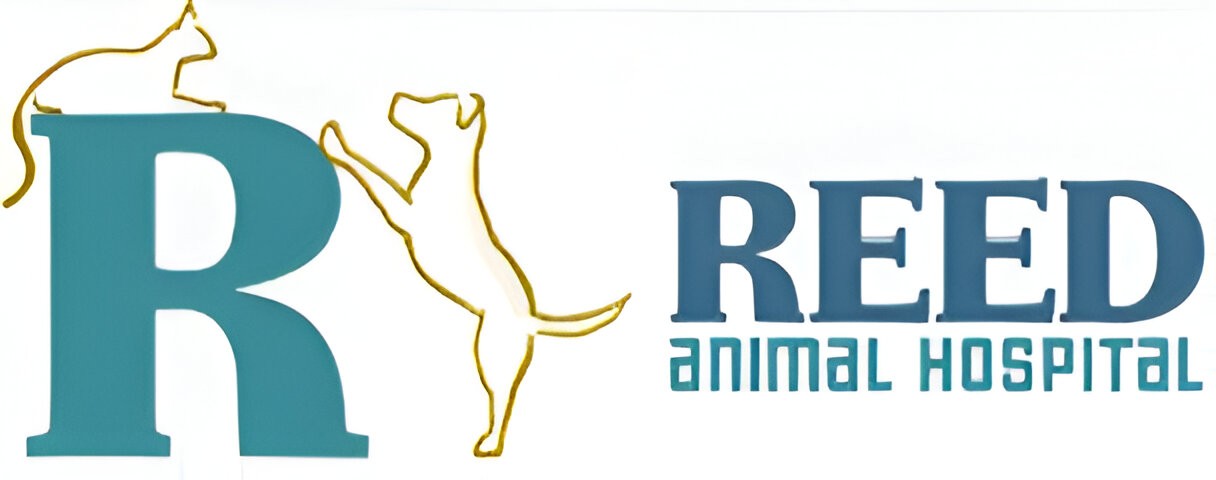FAQs About Spay and Neuter Services
If you have not already gotten your pet spayed or neutered, it is crucial that you have this important procedure done at an animal clinic in Saratoga or Campbell as soon as possible. Spaying or neutering is a simple operation that helps to ensure that your pet stays healthy—and also helps to reduce the number of unwanted pets who will end up in animal shelters. Many pet owners, however, are not sure what the procedure entails. Here are some questions you might have about spaying and neutering.
Will spaying or neutering hurt my pet? Spaying and neutering are completely safe procedures that are performed regularly. Your pet won’t feel a thing during the operation, and complications are rare.
Should I let my female pet have a litter before spaying? Many pet owners wonder whether they should let their female pets experience pregnancy once before having them spayed. In fact, your female cat or dog is likely to be healthier if you have her spayed before she goes through the heat for the first time.
Does spaying or neutering make my pet healthier? Spaying or neutering helps to reduce your pet’s risk of many serious health issues. For example, neutering helps to keep your male pet safe from testicular cancer, and spaying makes your female pet less likely to develop mammary cancer, breast cancer, and uterine infections.
Can spaying or neutering change my pet’s behavior? Many pet owners find that spaying or neutering reduces the amount of bad behavior they see in their pets. For instance, male pets that have been neutered are less likely to wander off in search of a mate, while female pets that have been spayed will not go into heat and aren’t as likely to spray or yowl.
Will spaying or neutering make my pet gain weight? Contrary to this popular myth, spaying or neutering does not make animals gain weight and actually helps to protect your pets’ health. If your cat or dog is noticeably gaining weight, it could because of their diet or exercise issues. You can schedule an appointment at your vet’s office to discuss their weight gain.


